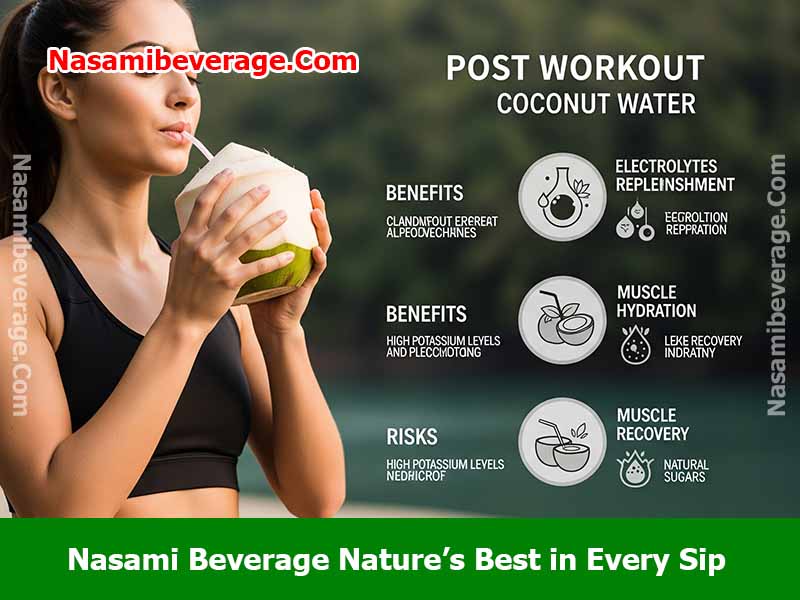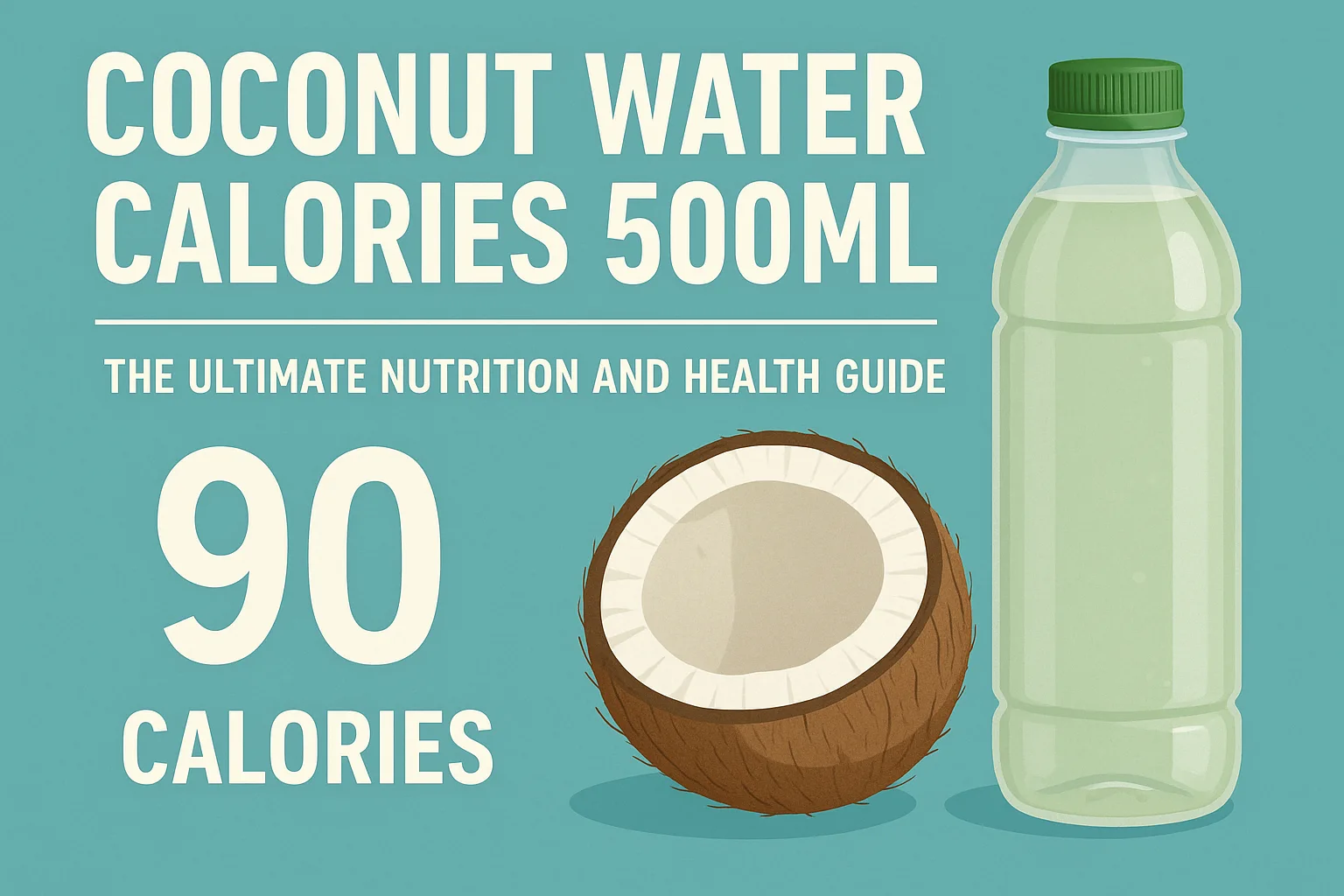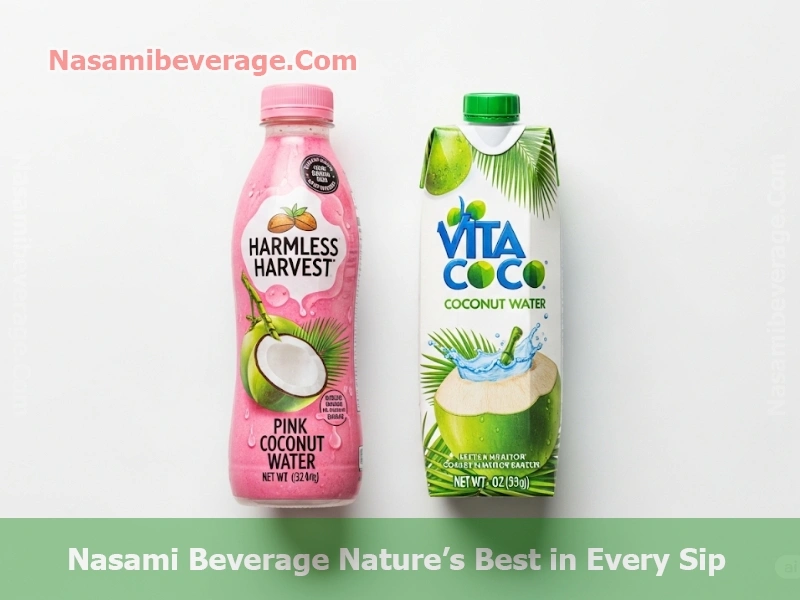Harness the power of natural hydration with coconut water electrolytes. Packed with essential minerals like potassium, this refreshing drink is a superior, low-sugar choice for post-workout recovery and daily wellness, helping you stay balanced and energized the simple way.
What are the electrolytes in coconut water? A nutritional deep dive
To understand the benefits of coconut water, we first need to understand electrolytes. These are essential minerals that carry an electric charge when dissolved in water.
They are vital for numerous bodily functions, including maintaining proper fluid balance, supporting nerve signals, enabling muscle contractions, and regulating your body’s pH levels.
When we sweat, we lose these crucial minerals, and replenishing them is key to staying healthy and hydrated.
A natural source of key minerals
Coconut water is celebrated because it provides these minerals without the artificial colors, sweeteners, and additives found in many commercial drinks.
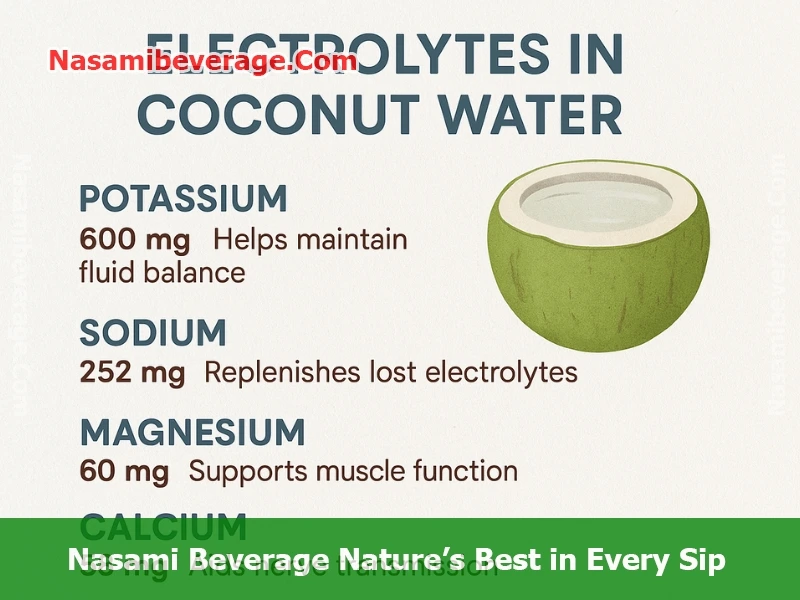
Its electrolyte content can vary slightly depending on the age and origin of the coconut, but young, green coconuts typically offer the most potent nutritional benefits.
Understanding the role of potassium, sodium, and magnesium
The electrolyte profile of coconut water is what truly sets it apart. An average 8-ounce (240ml) serving typically contains:
- Potassium (Approx. 470 mg): This is the star of the show. Coconut water is exceptionally rich in potassium, an electrolyte that plays a central role in fluid balance and muscle function. This high potassium content is fantastic for preventing muscle cramps.
- Sodium (Approx. 25 mg): It contains a small amount of sodium. While sodium is a critical electrolyte lost in sweat, the lower level in coconut water makes it a healthier option for general hydration compared to high sodium processed drinks.
- Magnesium (Approx. 60 mg): Important for energy production and muscle relaxation, the magnesium in coconut water contributes to its post exercise recovery benefits.
- Calcium (Approx. 58 mg): Essential for bone health and muscle function, coconut water provides a modest amount of calcium.
Coconut water vs. sports drinks – Which is better for rehydration?
The debate between coconut water and manufactured sports drinks is a common one. Many people wonder does coconut water hydrate better than water or sports drinks.
The answer truly depends on the context of your activity. For most people, the natural choice is superior, but for elite athletes, the answer can be more nuanced.
Post-workout recovery – Is coconut water enough?
For light to moderate exercise, such as a jog, a gym session, or a yoga class, coconut water is an excellent choice for rehydration.
Its impressive potassium content helps replenish what you’ve lost and aids in preventing muscle soreness. It effectively restores fluids and is much lower in calories and sugar than the average sports drink.
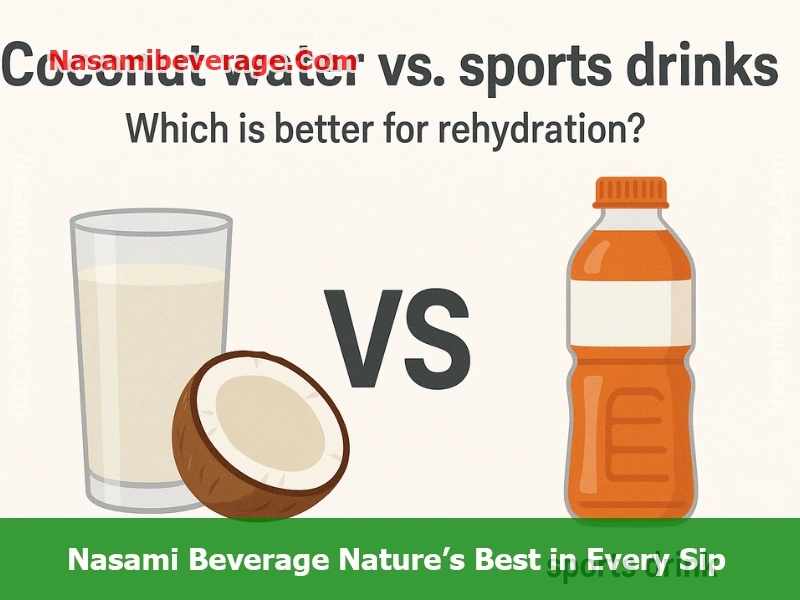
However, for intense and prolonged endurance activities lasting more than 90 minutes, such as marathon running or high intensity interval training, athletes may lose significant amounts of sodium through sweat.
In these specific cases, a traditional sports drink with a higher, scientifically formulated sodium content might be more effective.
Daily hydration and preventing dehydration
You don’t need to be an athlete to reap the rewards. The best time to drink coconut water can be anytime you need to hydrate, from the morning to after light activity.
As a daily beverage, it’s a superb way to stay hydrated and top up your mineral levels naturally. Because it’s flavorful but low in sugar, it’s a fantastic alternative to sodas and sugary juices, helping you maintain a healthy lifestyle without feeling deprived.
Finding the best coconut water for a natural electrolyte boost
With its popularity has come a flood of options, and not all coconut water is created equal. Navigating the grocery aisle can be confusing, but a few key tips will help you select a high quality product that delivers the electrolyte benefits you’re looking for.
What to look for – Pure, unsweetened, and not from concentrate
For the most authentic taste and nutritional value, always check the label. Here’s what to look for:
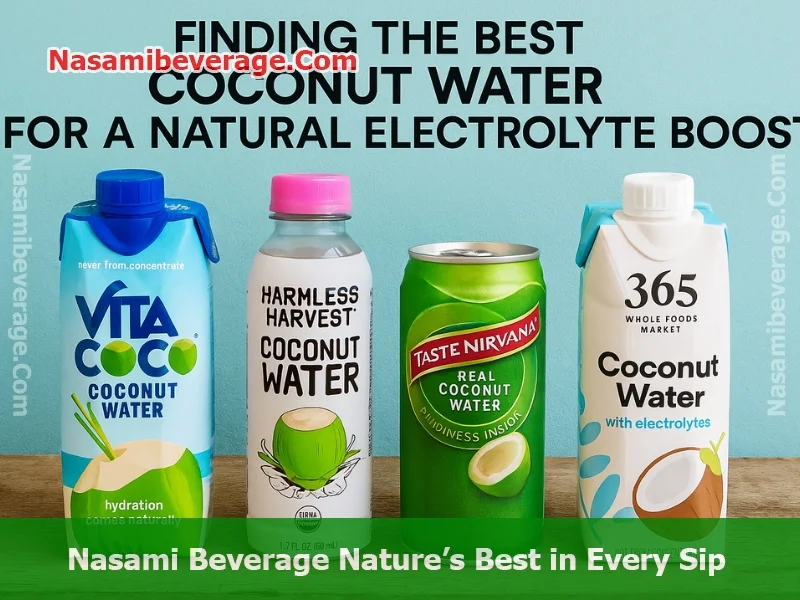
- Ingredients: The list should be short, ideally just “100% coconut water.” Avoid brands with added sugars. The natural coconut water sugar content is already low, so there is no need for extra sweeteners.
- Not From Concentrate: This means the liquid you are drinking is the pure, unprocessed water from the coconut. “From concentrate” involves heating and reducing the water to a syrup and then rehydrating it, which can diminish its nutritional content and alter the taste.
- Color: Don’t be alarmed if you see a pink hue! Some of the most natural, raw coconut waters can turn pink when their naturally occurring antioxidants are exposed to light. This is a sign of high quality and minimal processing.
Top brands for purity and taste
While many local options exist, several brands are widely recognized for their commitment to quality. Brands like Vita Coco, Zico, and Harmless Harvest are popular for their consistent taste and availability.
Ultimately, figuring out which coconut water brand tastes best comes down to personal preference and trying a few high-quality options.
Frequently asked questions
Does coconut water have more electrolytes than a banana?
Yes, especially when it comes to potassium. While a medium banana is a great source of potassium (around 422 mg), an equivalent serving of coconut water typically contains more potassium and provides the added benefits of other electrolytes like magnesium and sodium for more complete hydration.
Can I drink coconut water every day?
For most people, drinking coconut water daily is perfectly healthy and a great way to stay hydrated. It’s a natural, low calorie beverage. However, due to its high potassium content, individuals with kidney disease should consult their doctor before making it a regular part of their diet.
Is coconut water good for you if you’re not an athlete?
Absolutely. Its benefits extend far beyond post workout recovery. It serves as a delicious, low sugar alternative to sodas and juices, helping anyone meet their daily hydration goals while supplying essential minerals.
Why is my organic coconut water pink?
Pink coconut water is a natural phenomenon. It occurs when the high levels of antioxidants and enzymes present in raw, minimally processed coconut water are exposed to light and air. It’s generally considered a sign of a high quality, natural product.
Does coconut water help with dehydration from illness?
Yes, it can be very helpful. When you are sick with a fever, vomiting, or diarrhea, you lose a lot of fluids and electrolytes. Coconut water’s gentle nature and mineral content can help replenish your body more effectively than plain water.
So, the next time you’re looking for a hydrating boost, remember that coconut water stands out as a natural source of essential electrolytes, particularly potassium.
While it’s a fantastic choice for daily wellness and recovery from moderate exercise, its real power lies in its simplicity and versatility.
Ultimately, choosing coconut water isn’t just about post-workout recovery; it’s about making a smarter, healthier swap for sugary drinks in your everyday life.
Nasami Beverage love to hear how it fits into your routine. What’s your favorite way to enjoy this tropical drink-chilled on its own, or as a base for a smoothie? Share your ideas in the comments below!

